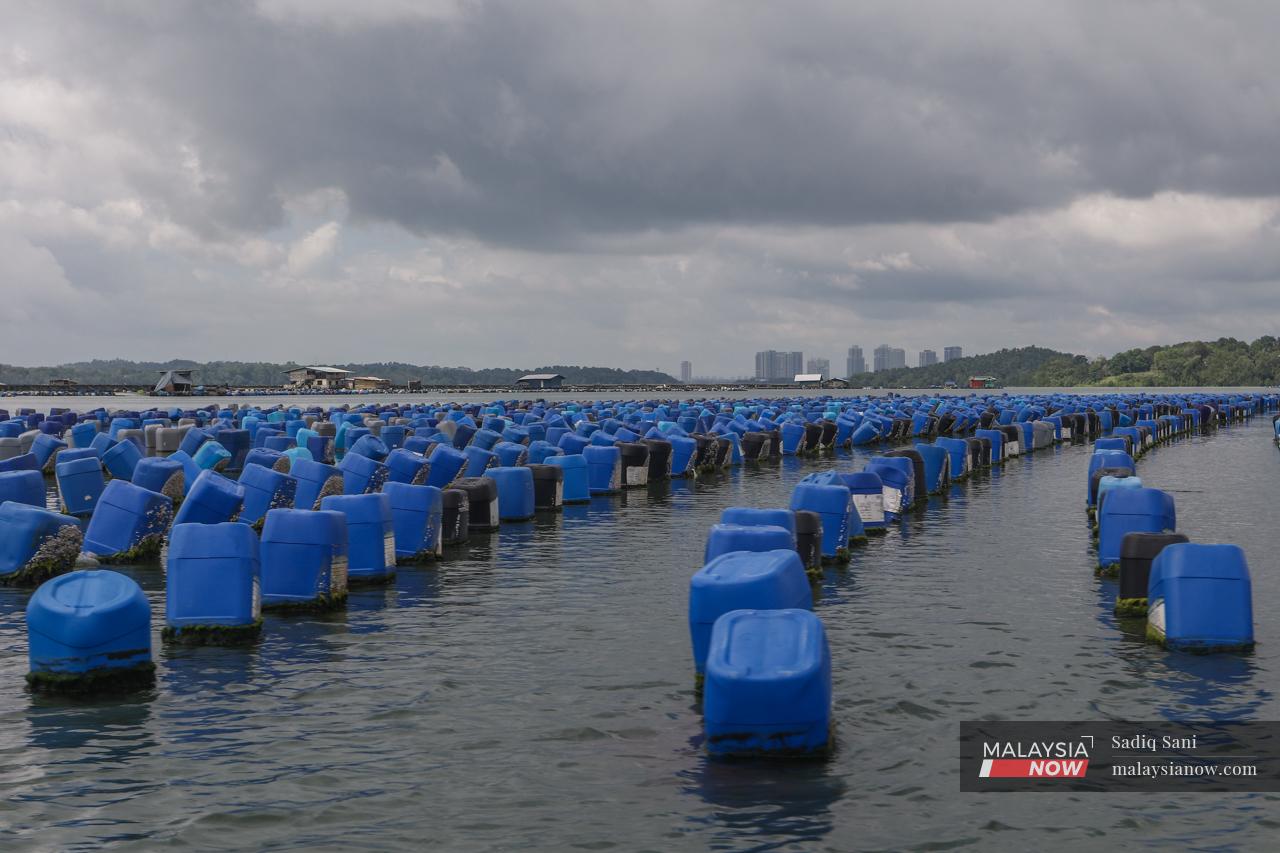Gallery
The Orang Asli who call the sea their home
At Kampung Sungai Temun, in Perling, Johor, most of the villagers work as fishermen, breeding mussels for a living.
Ahmad Sadiq Mohamad Sani
2 minute read
Share
- Advertisement -
Just In


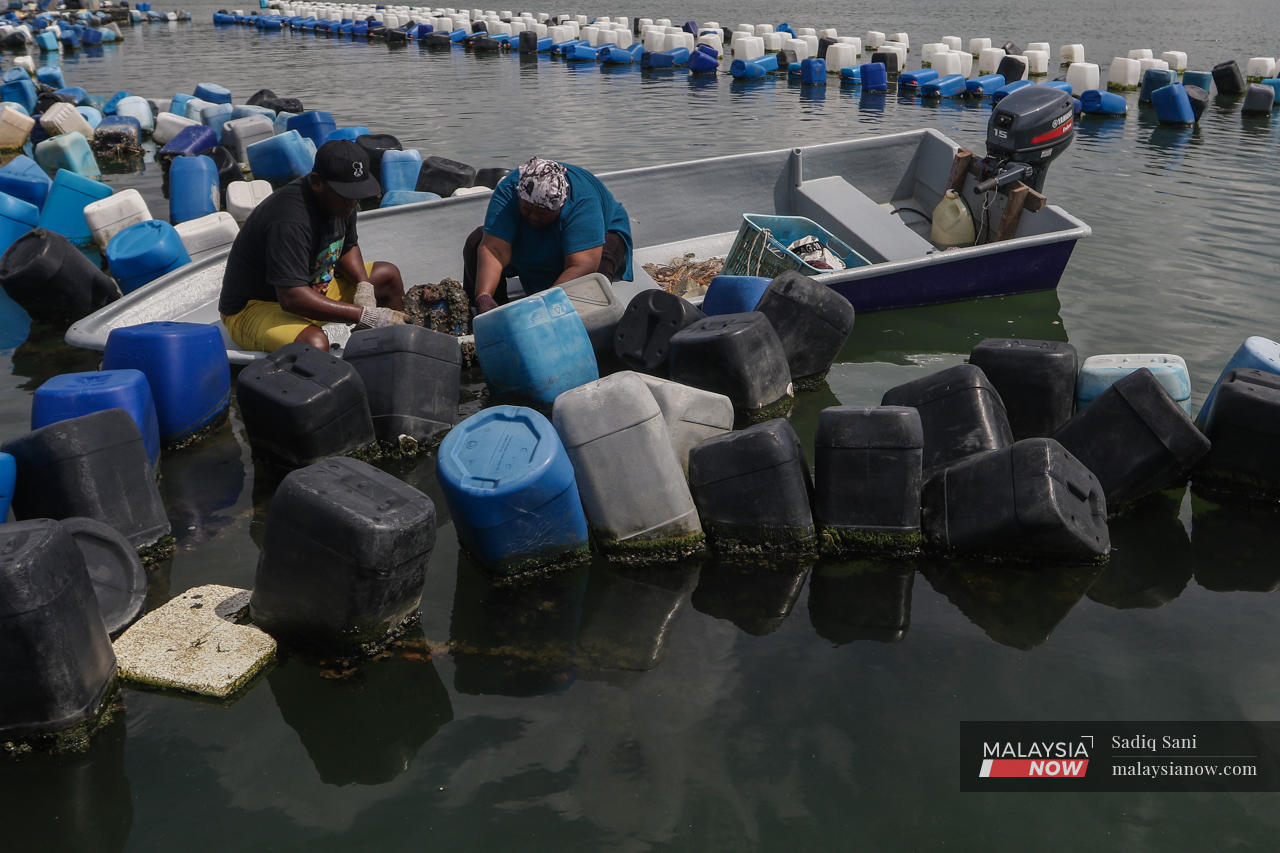





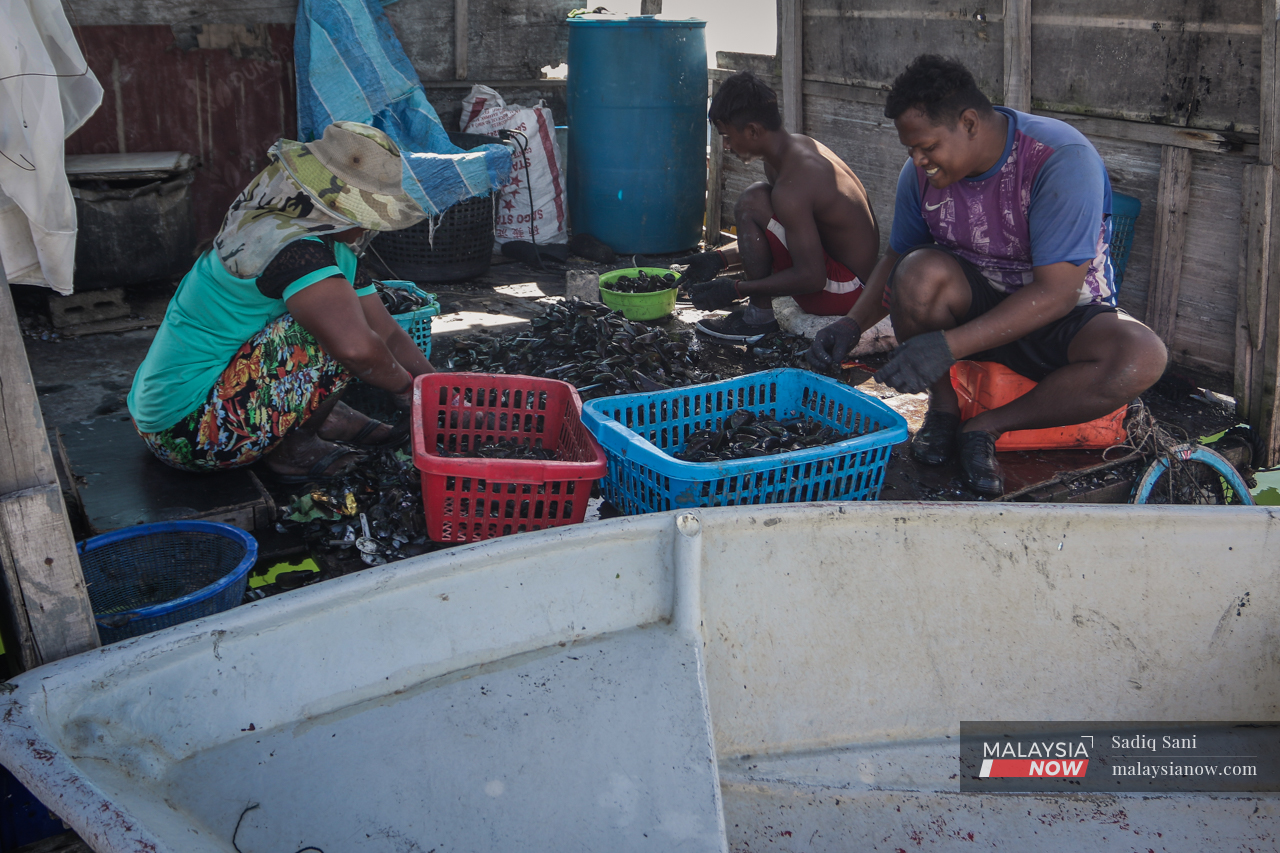












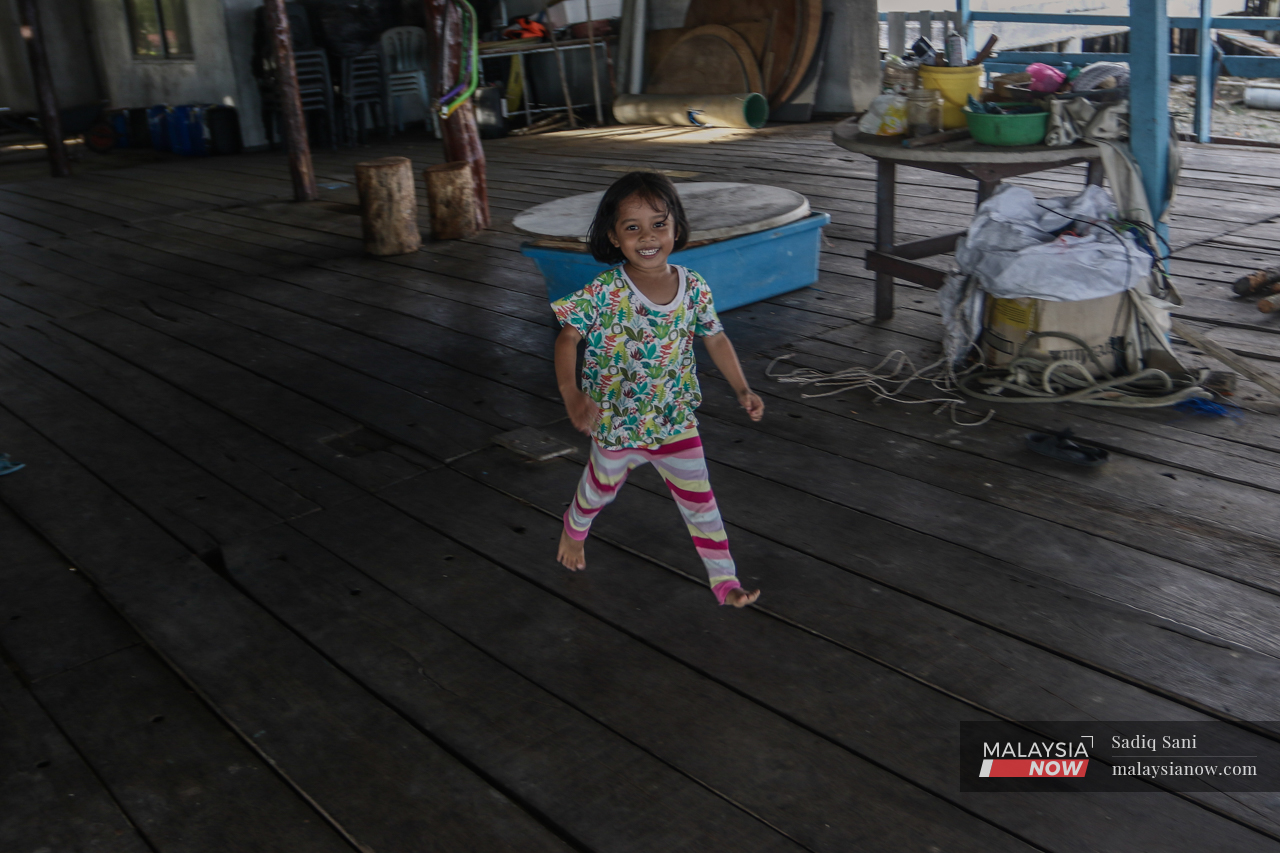

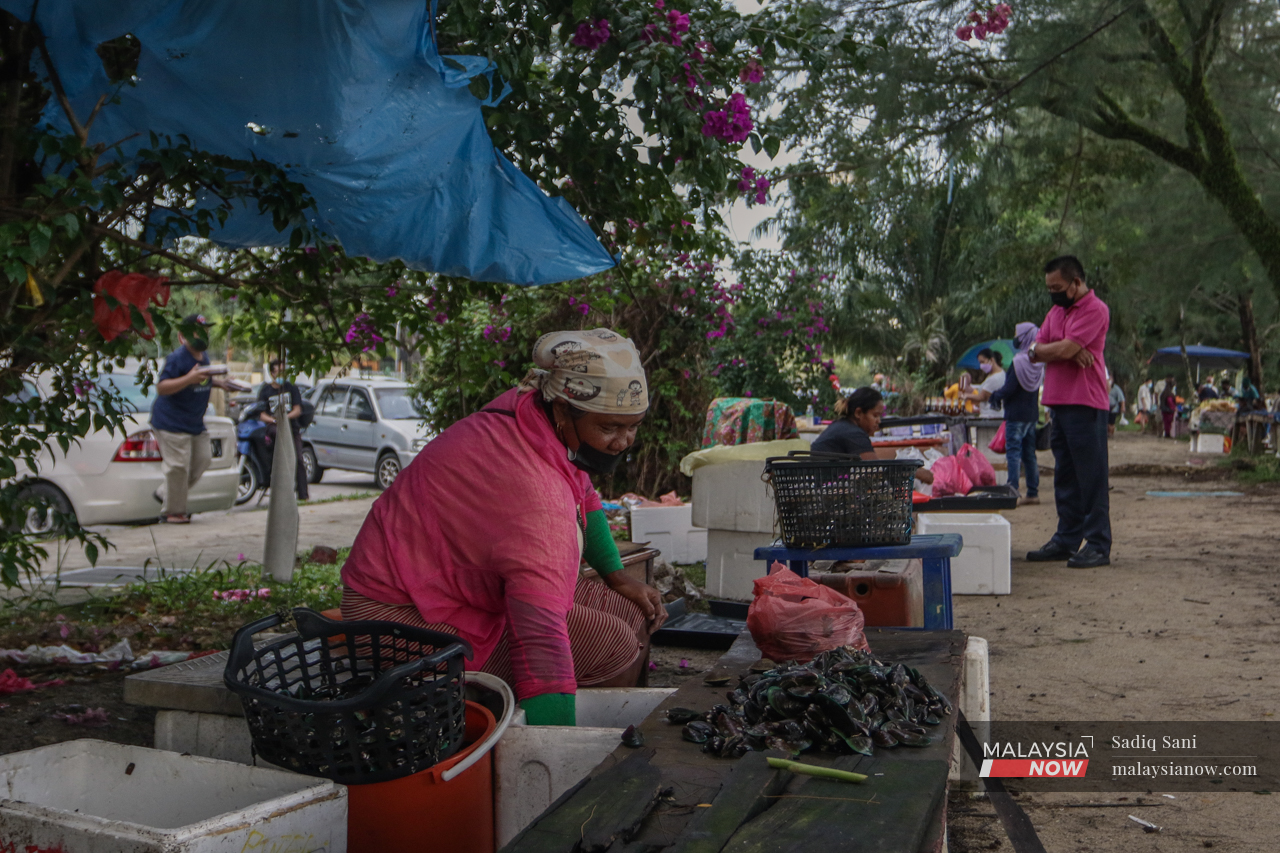
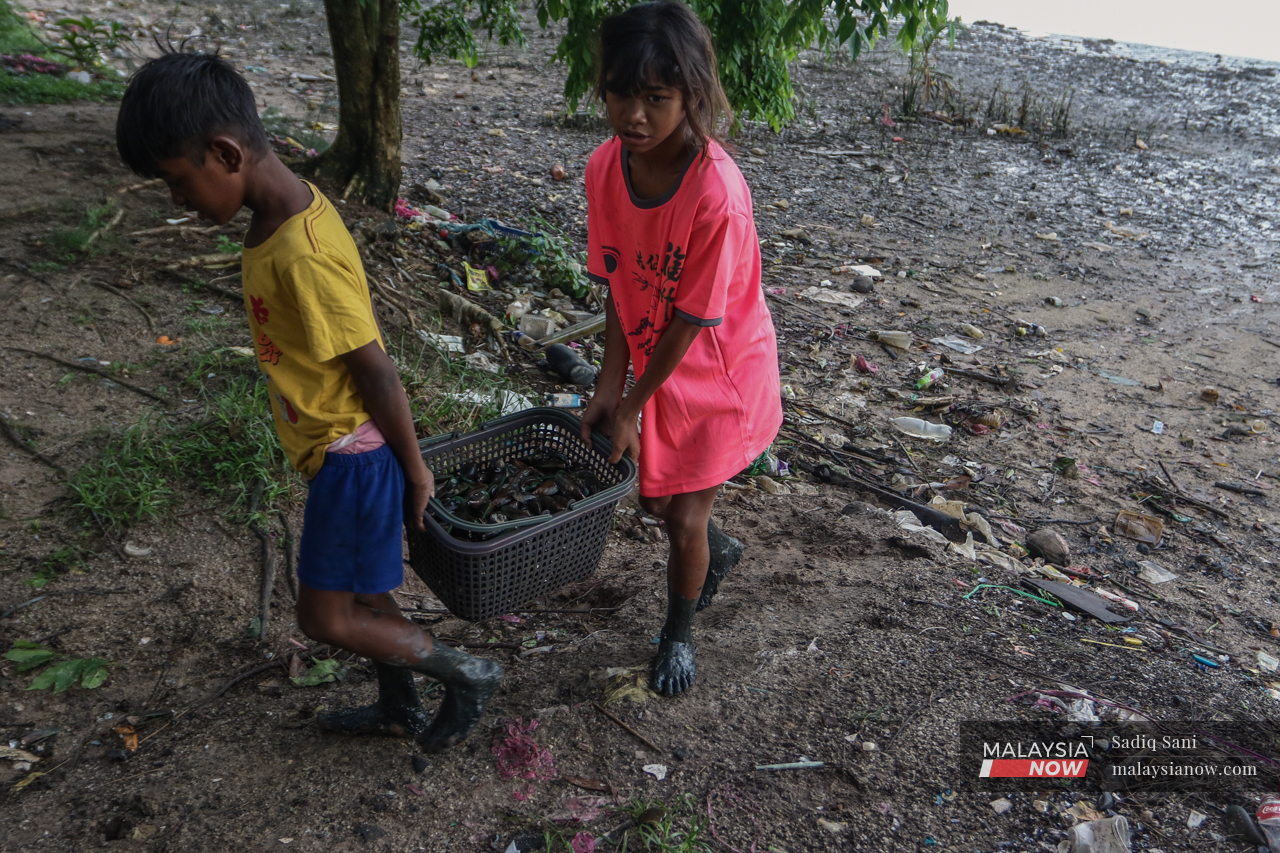

Subscribe to our newsletter
To be updated with all the latest news and analyses daily.
Share
- Advertisement -
